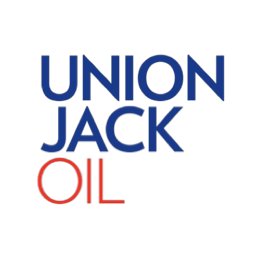Oil prices increased in Asia on Monday as investors closely monitored signs that the US might start reducing interest rates as early as September. By 0651 GMT, Brent crude futures had risen by 32 cents (0.39%) to $82.95 a barrel, while US West Texas Intermediate crude futures had gone up by 34 cents (0.42%) to $80.47 a barrel.
ANZ Research noted that data on inflation and the labour market since the June FOMC meeting indicated disinflation and labour market rebalancing. These trends suggest the Fed may begin its interest rate cuts in September. The US Federal Reserve is set to review its policy on July 30-31, with investors expecting rates to remain unchanged but hoping for clearer signs of a cut in September.
President Joe Biden’s decision on Sunday to forgo re-election in favour of endorsing Vice President Kamala Harris did not significantly impact oil markets. Suvro Sarkar of DBS Bank commented that the US president’s influence on oil production is often overstated. He noted that US oil output hit record highs last year despite the Biden administration’s climate change initiatives. Sarkar also suggested that a Trump presidency could drive higher US oil demand due to his opposition to electric vehicles, potentially counteracting some support from recent OPEC+ production cuts.
Tony Sycamore of IG warned that unrestricted US oil production might lower prices, potentially forcing marginal producers to halt production. Additionally, concerns over China’s slower-than-expected economic growth of 4.7% in the second quarter continue to affect oil prices. In response, China lowered a key short-term policy rate and benchmark lending rates on Monday to stimulate the economy. However, a policy document released on Sunday, following a leaders’ meeting, did not indicate any immediate structural changes in China’s economy.
The fluctuating dynamics of global oil production, influenced by political and economic developments, continue to shape market trends and investor expectations.
Union Jack Oil plc (LON:UJO) is an onshore oil and gas exploration company with a focus on drilling, development and investment opportunities in the United Kingdom hydrocarbon sector.

